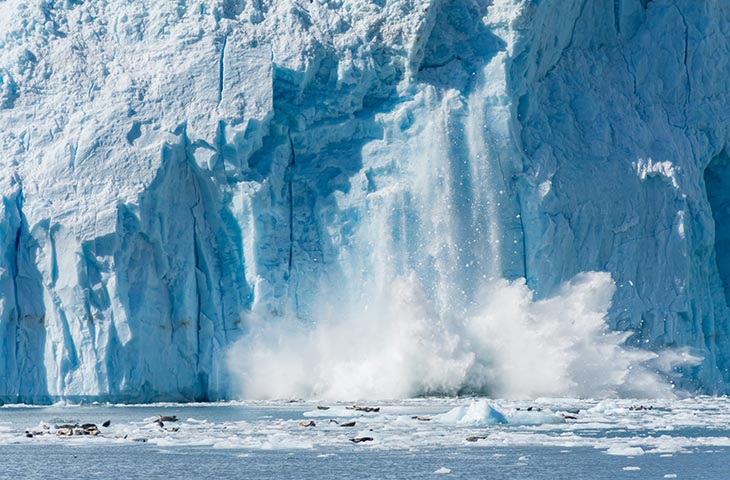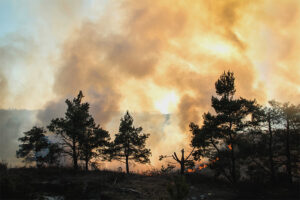We’ve all heard about climate change. But we may not be clear about exactly what it is. This may be due to an excess of information about the subject or a lack of interest in it. For whatever reason, this may lead us to believe certain myths about climate change.
To understand what it is, what its causes are and how it can be fought, keep reading this article from Wellwo. It will solve all your doubts.
Climate change is a fact. A global effect that knows no borders that to fight it we must all collaborate together.
To understand what climate change is we must first differentiate it from global warming. Because often the two concepts are confused or we think they are synonyms, but this is not the case.
The main difference is that global warming is the cause of climate change. The increase in temperatures on Earth is a consequence of the emissions of greenhouse gases into the atmosphere. These emissions are produced when human beings carry out their activities. This increase would not occur naturally if humans did not carry out these activities.
It is true that the Earth has already warmed and cooled naturally in the past. But these changes have been very slow (taking millions of years to take place). However, because of human activity, we are achieving changes that once caused species to expand in just 200 years. This is certainly a record time.
What are the causes and consequences of climate change?
Main causes
As we have mentioned before, the main cause of climate change is global warming. This has many negative consequences, both on physical systems, biologists and humans, among others.
First you should know that the greenhouse effect is a natural process that allows the planet to have the conditions necessary to harbor life. This consists of retaining some of the sun’s heat (without the greenhouse effect the temperature of the earth would be -18ºC).
The gases present in the atmosphere allow the right temperature to be maintained. However, when too many greenhouse gases accumulate as a result of people’s activities, the Earth retains more heat than it needs. This increases the temperature of the planet. This is called global warming.
Among the different causes of climate change are: increased emission of greenhouse gases, deforestation (trees help clean the air), destruction of marine ecosystems and population growth.
Main consequences
The consequences of climate change can be disastrous, as it threatens the survival of the earth’s fauna and flora (including humans).
The melting of the poles, which consequently leads to a rise in sea levels, should be noted. As a result, coastal coastlines can be flooded and disappear. Also regions that are on the seafront.
Another consequence to be highlighted is the increase in the appearance of violent meteorological phenomena. For example: droughts, fires, the death of animal and plant species, the overflowing of rivers and lakes, the appearance of climate refugees (species of animals that must migrate to find the ideal climatic conditions to survive and people). The disappearance of economic resources and means of survival of certain countries, especially developing ones.
Climate change cannot be avoided, but we can reduce its effects and adapt to the consequences it may have. To do so, we must make certain changes on a small and large scale. That is why it is so important that we all get involved, so that it is more effective and more lasting.
Among the various measures we can take are mitigating the effects, adapting to the environment and making international agreements. So that all countries commit themselves and carry out actions to reduce their effects.





